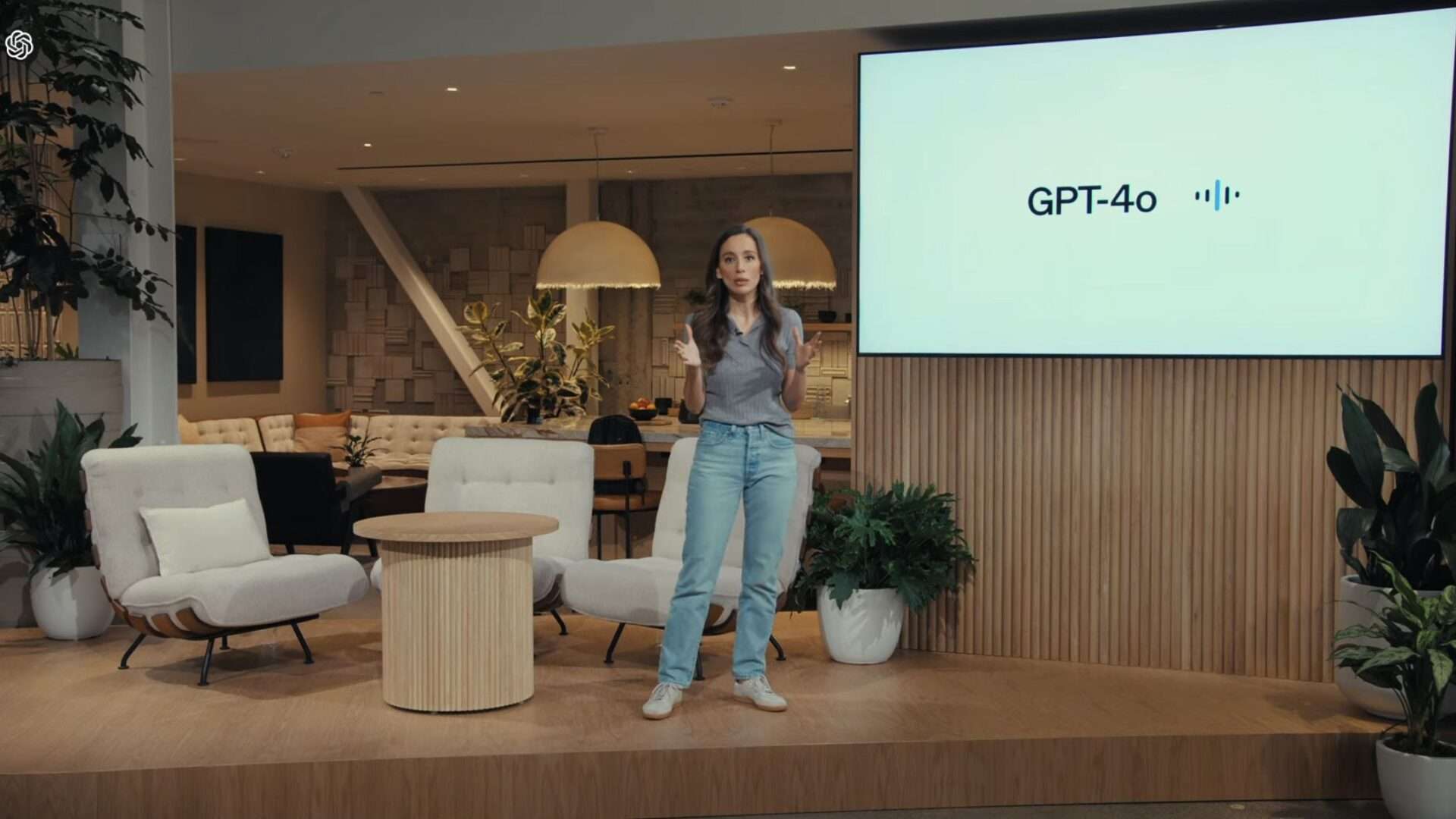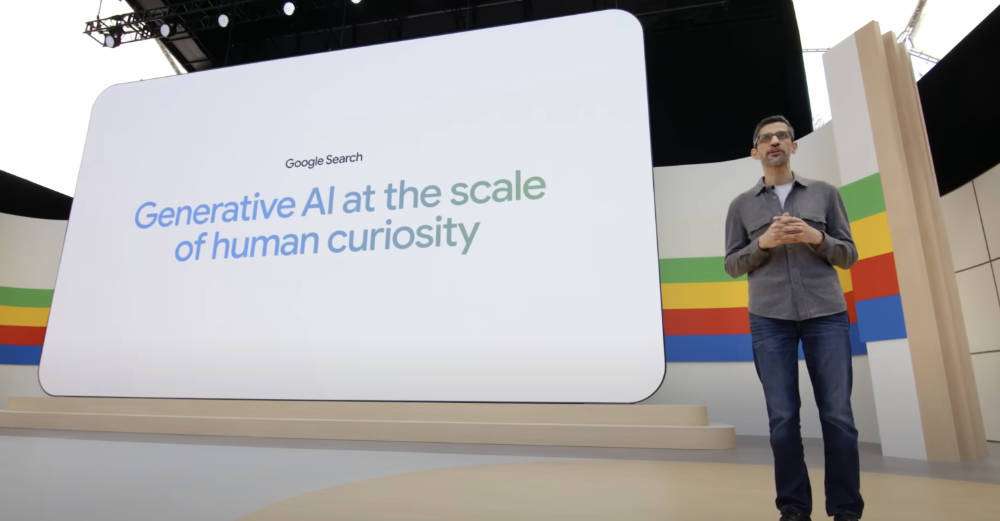Google in an AI World: Has the Reigning Champ Met Its Match?
Okay, folks, let’s talk about the elephant in the room—or rather, the giant algorithm in the cloud. Google, the undisputed king of search, is facing some serious competition from the new kid on the block: Artificial Intelligence (AI). With chatbots like ChatGPT and AI-powered search engines like Bing gaining traction, you might be wondering if Google’s days are numbered.
But hold your horses. Before we write Google’s obituary, let’s dig a little deeper and see if the reigning champ still has a few tricks up its sleeve.
The Rise of AI: A Legitimate Threat?

There’s no denying it: AI is shaking things up. These clever bots can spit out answers, write code, and even generate creative content like poems and scripts. It’s pretty impressive stuff, and it’s got Google sweating.
AI-powered search engines like Bing and Copilot are offering a new way to interact with information. Instead of scrolling through endless pages of blue links, you can get a neat summary of your query, complete with relevant sources. It’s fast, convenient, and—dare I say—kinda fun.
But does that mean Google is doomed? Not so fast.
Google’s AI Advantage: Don’t Underestimate the Powerhouse

Let’s not forget that Google has been investing heavily in AI for years. It’s baked into their search algorithms, their language translation tools, and even their self-driving cars. Google knows AI, and they’re not afraid to use it.
In fact, Google recently announced a major overhaul of their search engine, incorporating even more AI features. They’re not just playing catch-up; they’re aiming to lead the charge.
Plus, let’s be honest: Google’s got a massive head start. They have the data, the infrastructure, and the expertise to create AI tools that are both powerful and user-friendly. They’re not going down without a fight.
The Verdict: Google’s Not Going Anywhere… Yet
While AI is undeniably disrupting the search landscape, Google is far from irrelevant. They’re evolving, adapting, and integrating AI into their products in a way that only a tech giant can.
Sure, Bing and ChatGPT are exciting and offer a glimpse into the future of search. But for now, Google remains the go-to tool for most users, thanks to its massive index of web pages, its sophisticated algorithms, and its user-friendly interface.
Plus, let’s not forget that Google offers a whole suite of products beyond search, from Gmail to Maps to YouTube. These products are deeply integrated into our lives, and they’re not going anywhere anytime soon.
Don’t Play the Google I/O 2024 Drinking Game
Last week, Google threw its annual I/O bash, where they basically shouted “AI!” from the rooftops (over 120 times, to be exact). It’s clear they’re betting the farm on this buzzy tech, even if it hasn’t quite translated to cold, hard cash for most companies (layoffs aside, of course).
But hey, OpenAI wasn’t about to be outdone. They dropped ChatGPT-4o the day before, stealing a bit of Google’s thunder with a snappier, more focused event. And get this: they actually showed off working demos, not just fancy pre-recorded videos. Google, on the other hand, have promised us the moon with their “Gemini Era,” but we’ll have to wait and see if they deliver.
It’s a high-stakes game of AI one-upmanship, and only time will tell how aggressive (and how successful) Google will be in the long run.
The Future of Search: A Blended Approach?
Ultimately, I think the future of search will be a blend of traditional search engines and AI-powered tools. We’ll use Google to find websites and information, but we’ll also rely on AI chatbots to answer specific questions, summarise articles, or generate creative content.
Google knows this, and they’re working to incorporate AI into their search experience in a seamless and intuitive way. They’re not just competing with AI; they’re embracing it.
So, is Google still relevant in an AI world? You betcha. But the game is changing, and Google knows it. They’re not resting on their laurels; they’re evolving to meet the needs of a new generation of users who expect more from their search engines. It’s going to be an exciting ride to see how this battle for search dominance plays out.

